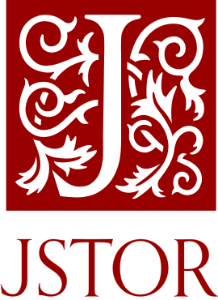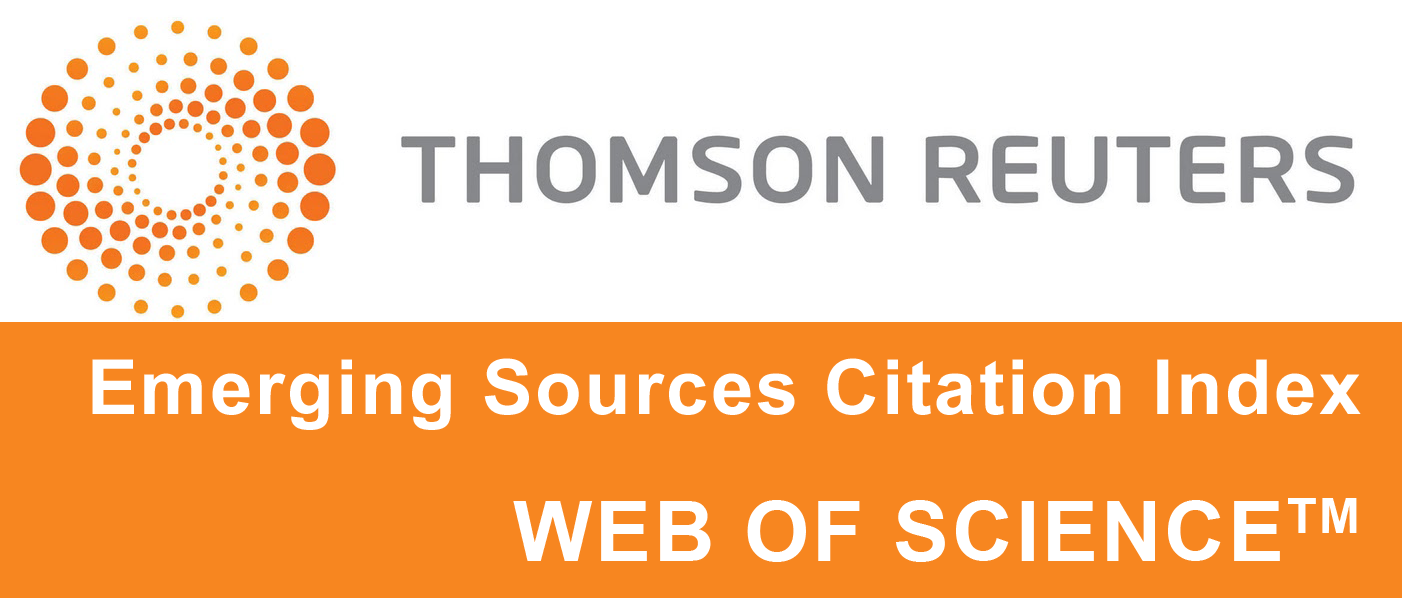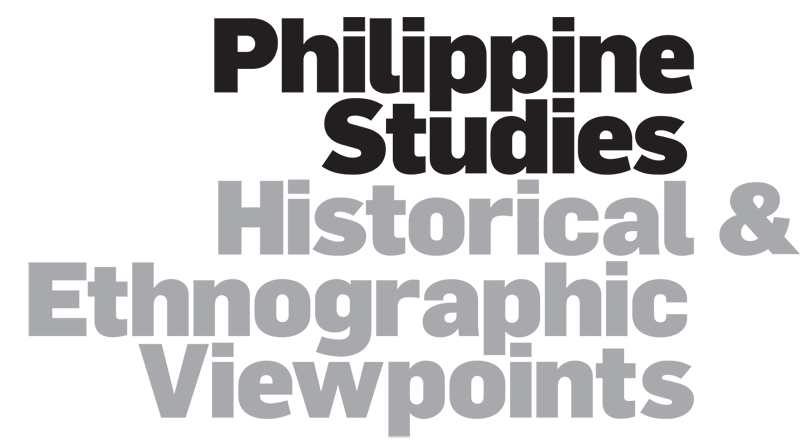“Moral Influence” in Asia: Political Practice and Electoral Corruption in the Spanish Philippines
Juan Antonio Inarejos: Consejo Superior de Investigaciones Científicas (CSIC)
DOI: https://dx.doi.org/Abstract
Proceeding from a microhistory of local elections at the end of the nineteenth century in one municipality, this article traces the mechanisms of representation and exercise of local power in the Spanish Philippines. Within the colonial apparatus the municipal sphere was one of the few areas of tangible power for the principalía (indigenous elites). The local elites, who were selected by colonial authorities based on political, economic, and religious criteria, played an important role in the fealties and resistances in the colony. This article examines the significance of the Maura Law, or the electoral reforms of 1893, and the obstacles encountered in the eradication of electoral abuse—“moral influence”—that colonial authorities, through action or inaction, had promoted over the years.
Keywords: municipal elections • reformS • local power •
native elite • Spanish colonialism











